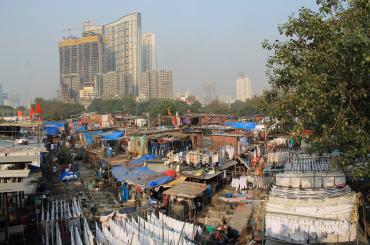
caste
-

The macroeconomic costs of the caste system in India
The caste system in India discriminates against lower-ranked castes, reducing their access to finance and dampening their entrepreneurial potential. This social norm imposes significant macroeconomic costs, ultimately impeding economic development.
-

The role of caste in agricultural technology diffusion
Local social structures, such as the jati-caste system in India, can play an important role in the extent of diffusion of new and beneficial agricultural technologies
-

Community networks and trade: Evidence from India
Production networks matter for firm growth. However, little is known about what shapes firms’ production networks in developing countries. This column explores the role of community networks in West Bengal in firm-to-firm trade between 2010 and 2016...
-

Caste, identity, and worker productivity in India
While caste-based occupations may hold 'productivity benefits', removing the discriminatory links between low castes and work brings even larger gains
-

Does caste identity affect labour supply? Evidence from India
Caste identity concerns constrain labour supply decisions, causing Indian workers to avoid certain jobs even at large economic costs
-

Using social connections to solve coordination failure: Evidence from assembly lines in India
An experiment in garment factories suggests that stronger social connections among co-workers can enhance coordination when incentives are group-based
-

Using incentives to motivate knowledge agents: Evidence from India
Can incentives improve information dissemination among agents or do hidden pitfalls exist?
-

Power to the people: The impact of political report cards in India
How do Indian voters react to information on the qualifications and performance of politicians?
-

Does affirmative action incentivise schooling?
Caste-based reservations in government jobs and colleges in India resulted in potential future beneficiaries staying in school longer